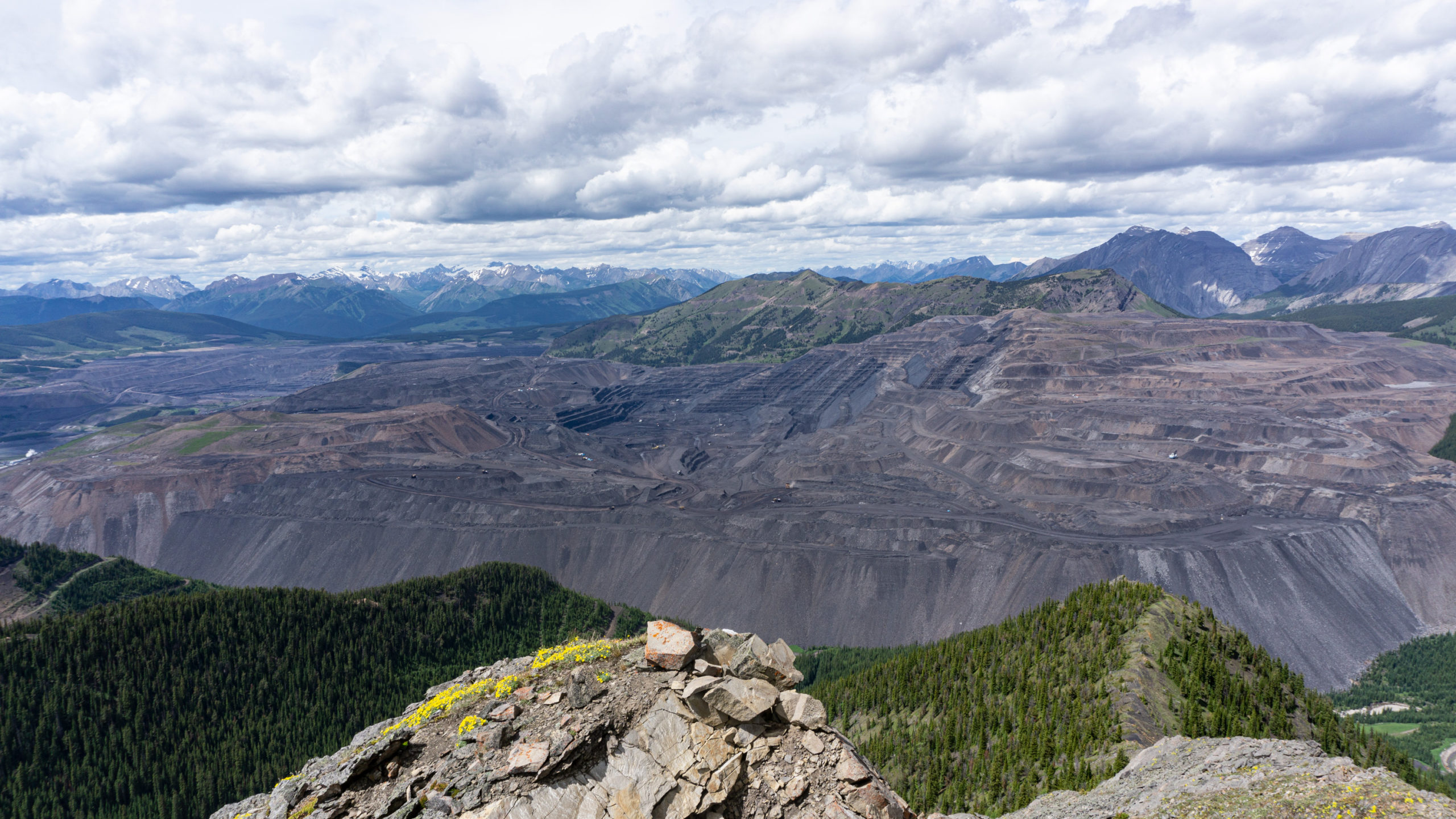The Ktunaxa Nation says it has been left out of conversations between the federal and provincial governments and mining companies – a feeling the nation says is validated by documents revealed through a Freedom of Information request.
The request to uncover the documents was made by the Ktunaxa Nation.
The nation, along with local activist group Wildsight, have long been ringing the alarm bells regarding the Elk Valley’s mining pollution.
“It was alarming because we thought we were having some good-faith conversations with Global Affairs Canada,” said Ktunaxa Nation Council chair Kathryn Teneese. “We thought we were making progress, but in the meantime, we were being kept in the dark about what was actually happening.”
Teneese said the Ktunaxa Nation sent a request to the International Joint Commission in 2021, but it was rejected by Global Affairs Canada in 2022.
“Information and the opportunities were given to B.C. to influence federal decision-makers,” explained Teneese. “When we made our request [to the International Joint Commission] in late 2021, we felt that we were getting a response indicating they were interested in going ahead.
“Come April of 2022, we find that a decision has been made that they weren’t going to continue with the reference,” said Teneese.
B.C. government officials said in a written statement that work is underway to address water quality concerns in the Elk Valley.
“The first step in the updated area-based management plan will be public consultation of the draft water quality objective, which would inform a review of the plan’s selenium target,” said the Ministry of Environment in a written statement.
“We will be exploring further opportunities for stakeholder engagement in the future that would result in a plan amendment drafted by government,” the statement continued.
Officials note their intention to include Indigenous governments.
“We are now reviewing this project with each of the four Ktunaxa First Nations in response to requests for greater involvement in some of the important work that we are doing in their territory.”
That said, the Ktunaxa Nation feels it has been excluded from some important discussions, as highlighted in the documents revealed by their Freedom of Information request.
“We felt that all of this is breaching the government’s duty to consult us and demonstrates the federal and provincial government’s disregard to fully implement the UN Declaration on the Rights of Indigenous People,” said Teneese.
“We felt that, in some of the documents, B.C. is indicating they addressed the concerns, and we don’t believe that. We weren’t asked some of the questions that B.C. was providing answers to.”
Teneese said this was concerning, considering the messaging that governments have been sending about Indigenous relations.
“We are supposed to be moving towards a more meaningful relationship between us and the Crown – both federally and provincially. That doesn’t seem to be occurring in light of what we discovered in our FOI efforts,” explained Teneese.
In a letter penned to the federal governments of Canada and the United States, the Ktunaxa Nation called out Canada for its failure to uphold its end of the Boundary Waters Treaty.
According to a U.S. Geological Survey study published in 2020, selenium levels in Lake Koocanusa were more than double the amount considered safe in some places.
That said, Teck acknowledged the problem, saying its third water treatment plant came online in 2022, with plans to build more on the horizon.
“Teck now has three water treatment facilities that are effectively removing 95 per cent of selenium from water,” said Teck officials in a written statement. “Our fourth treatment facility is on track for completion by the end of this month; bringing our total available treatment capacity to 77.5 million litres of water per day — a fourfold increase from our treatment capacity in 2020.”
The company notes that it plans to continue investing in water treatment.
“We have invested $1.2 billion so far in water quality with plans to invest a further $750 million over the next two years in additional treatment facilities,” said the statement from Teck.
However, environmental conservation group, Wildsight, has been skeptical of Teck’s water treatment plants.
“We really need to be thinking about the long-term, because everything Teck is doing is sort of temporary,” said Wildsight’s mining lead Lars Sander-Green, in a previous interview with MyEastKooteanyNow.com.
“We’ve got this water treatment, it’s going to last for decades maybe, but this pollution will continue to flow for hundreds and hundreds of years, so what’s Teck going to do about that?”
You can read the documents found in the Ktunaxa Nation’s FOI request below.
More: Elk Valley watershed pollution correspondence FOI request
Previous: Ktunaxa Nation condemns lack of response to coal mining pollution (Dec 14, 2022)




